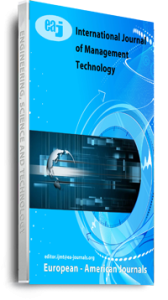This study was to examine the Public Sector Reform Programme and implementation of the Efficacy of the Integrated Financial Management Information Systems (IFMIS) in Zambia. The focus is on the country’s central government with 1300 users of IFMIS in forty-four sites. The study used a quantitative research design to draw conclusions from a sample of 150 day-to-day users of IFMIS. Data was collected through a survey analysed using descriptive and causal-effect relationships. The system usage is far from satisfactory with misapplication of funds, and challenges in cooperating with partners. The public did not derive satisfaction in this outcome. However, IFMIS influences public resource management processes through ease of access to information, quick retrieval, easy tracking of documents and provision of an audit trail, among others. The system provides restricted access to the IFMIS system, creates the order of operations, defines and reduces the roles and duties of different users, which reduces the level of risk. Some users doubted the system’s ability to detect and report fraud cases. This study, therefore, recommends that IFMIS should be upgraded to protect documents from being attacked by viruses or getting lost, including stronger fraud detection, reporting and a broad application and use of IFMIS in all country departments with new features for fraud detection and reports to facilitate quick remedy. Lastly, the IFMIS should be decentralized to each department to ensure the processes of the supply chain are secured and efficient.
Citation: Gopal S., and Ngoma T. S. (2022) Examination of the Public Sector Reform Programme Implementation in Zambia: The Efficacy of the Integrated Financial Management Information System, International Journal of Management Technology, Vol.9, No 2, pp.12-33
Keywords: Efficiency, IFMIS, Zambia, public sector reform

